Shakespeare Trilogy: Julius Caesar, Henry IV and the Tempest at Donmar King’s Cross
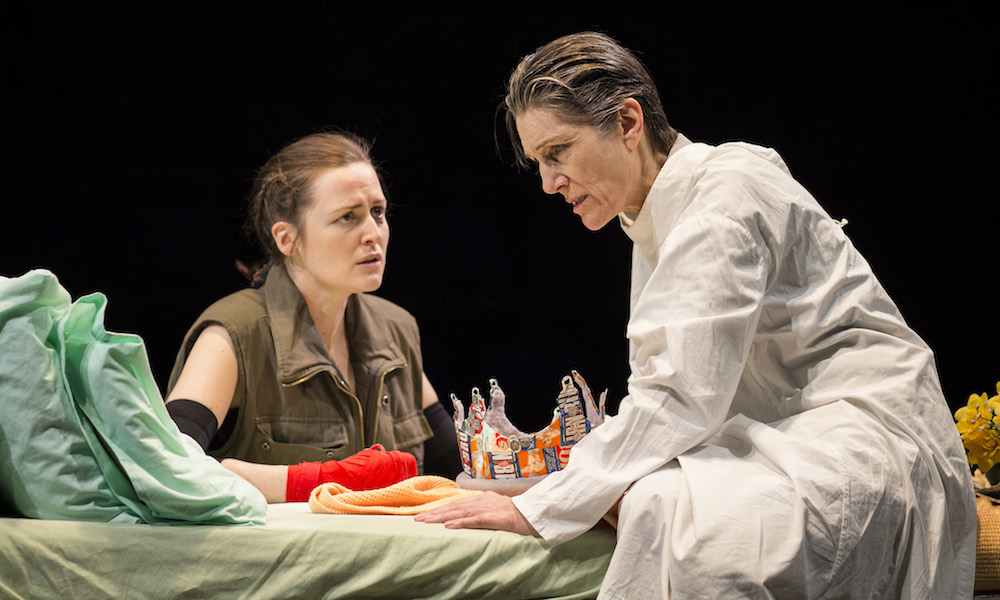
Blasting through not one, not two, but three classic Shakespeare plays – Julius Caesar, Henry IV, and The Tempest – Phyllida Lloyd’s all-female production, headed up by Harriet Walter, not only breaks boundaries in terms of sheer stamina but throws aside convention entirely in form, function and casting. Through a collaboration with the Prison Partnership Project and Clean Break Theatre company, the plays are performed as if from inside prison, allowing the Bard’s various worlds and characters to inhabit exciting and challenging spaces. Beyond just championing women on the stage, this groundbreaking reinterpretation of Shakespeare embraces diversity and opens up interesting questions about patterns of human behaviour that surpass gender, race and nationality.
The premise of the prison serves a number of purposes. By layering the stories of incarcerated women with Shakespearean, mostly male, characters this sheds new light on both, linked by common preoccupations of guilt, justice and violence. In Julius Caesar, the King’s rule is restrictive and controlling, creating a reflection of the prison “reality” the actors must survive within and rail against. In Henry IV, Clare Dunne’s detained character, on the cusp of release and beating a drug addiction, is offered baggies of white stuff while playing Prince Hal by partner in crime, Falstaff, which he eventually resists. An enigmatic Harriet Walter introduces The Tempest as 66-year-old inmate Hannah, serving a life sentence without parole. As she goes on to perform Prospero’s cathartic confrontation of his past with palpable, wrought emotion, she is simultaneously Prospero and Hannah, forcing the sorcerer’s narrative to be imbued with entirely new meaning.
Secondly, the grey prison strip the cast wears creates a look of androgyny that lends itself perfectly to allowing the stereotyped tropes of gender to fall away. The multi-racial, multi-accented, multi-aged cast present a prominent repost to the stranglehold of the classic tales by plum-in-the-mouth, middle-class white males: the Glaswegian, Northern Irish, cockney, Jamaican and Spanish accents here find new edges, emphasis and attitude in Shakespeare’s lines. In contrast to the bleak double premise of the prison and the political tales of treachery and murder, the performances are shot through with a comedy that plays on masculine stereotypes, bringing to life the curses and slapstick of the Bard’s best banter scenes – such as through Sophie Stanton’s bumbling cockney, Dunne’s cutting Irish wit, and the gravely melody of Karen Dunbar’s Glaswegian in Henry IV – to brilliant effect.
Thirdly, through representing the plays as put together inside the prison walls, Phyllida Lloyd has a lot of fun with the space, props, lighting, and threading in of modern references. They use toy guns for swords in Julius Caesar, Ribena for wine and build the inside of a tavern with the plastic furniture of a child’s creche in Henry IV. The washed-up mess of Caliban in The Tempest is drily compared to a Tracey Emin piece and Jackie Clune’s celebrity Caesar has a noticeably Trump-esque quiff to it. A striking ambience is created in The Tempest through the audience lightening up torches, then at the flick of a switch, stark strip lighting returns the theatre to the sterile interior of a jail block. The cast wholly own and exploit the central area of the 420-seat theatre, with the acrobatics and dynamism of the likes of Leah Harvey and Jade Anouka channelling the edginess of those toughened by the prison system. And as well as dancing, the action is shot through with drums, steel drums and guitar by various members of the cast, with stunning vocals from Sheila Atim as Lucius and Lady Percy, and Jade Anouka rounding off an all-encompassing performance as a rapping Ariel.
Although the plays function as stand-alone presentations, the intensity of the trilogy – seeing the “inmates” through their various character incarnations in the recurring format of the prison setting – means the audience is no longer just watching Shakespeare being staged, but are drawn under the skin of each of the women branded “criminals” as they redefine their identity through the medium of theatre. Moving, convention-defying and inspirational, the Shakespeare Trilogy is the living embodiment of the potential of women to perform, to be funny, to be profound, or whatever they want to be – at the very least, a force to be reckoned with.
Sarah Bradbury
Photos: Helen Maybanks
The Shakespeare Trilogy is at King’s Cross Theatre from 23rd September until 17th December 2016, for further information or to book visit here.
Watch the trailer for The Shakespeare Trilogy here:
Please accept YouTube cookies to play this video. By accepting you will be accessing content from YouTube, a service provided by an external third party.
If you accept this notice, your choice will be saved and the page will refresh.


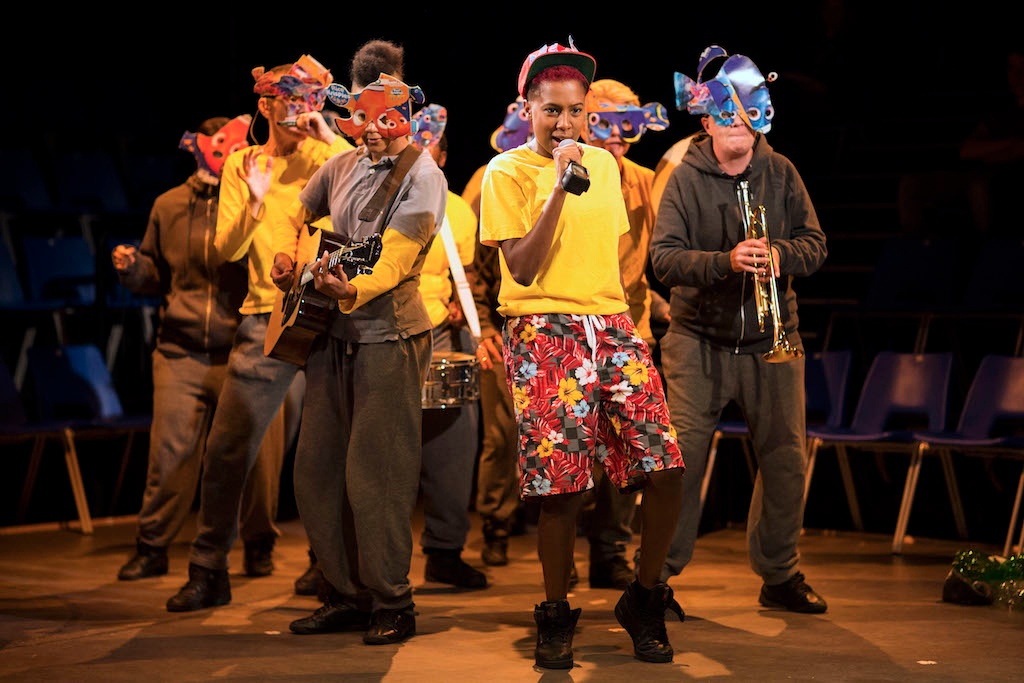
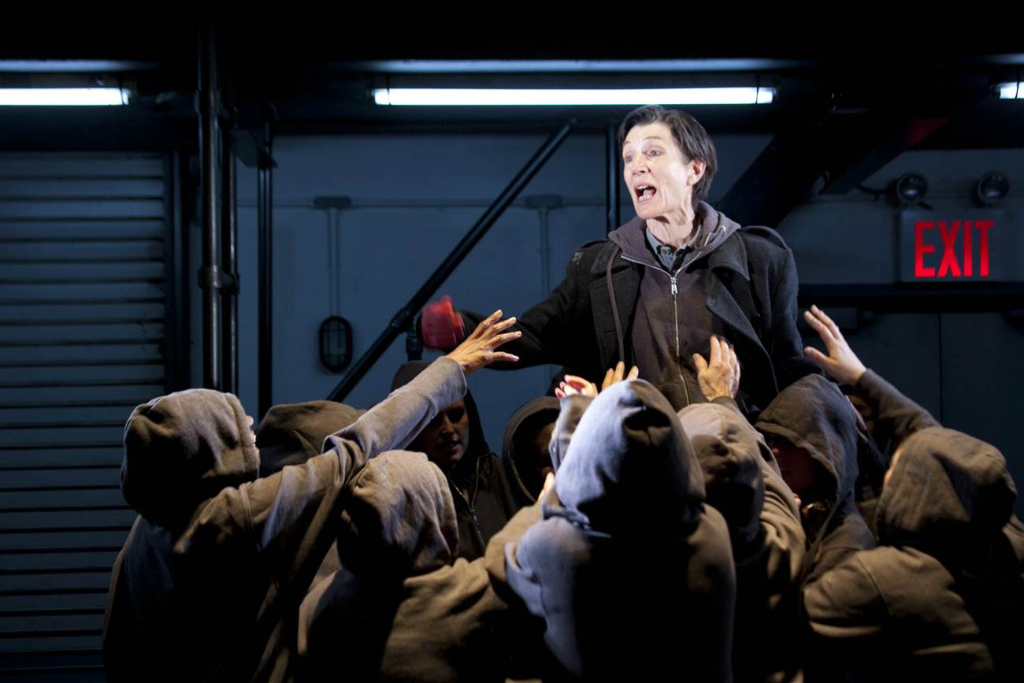
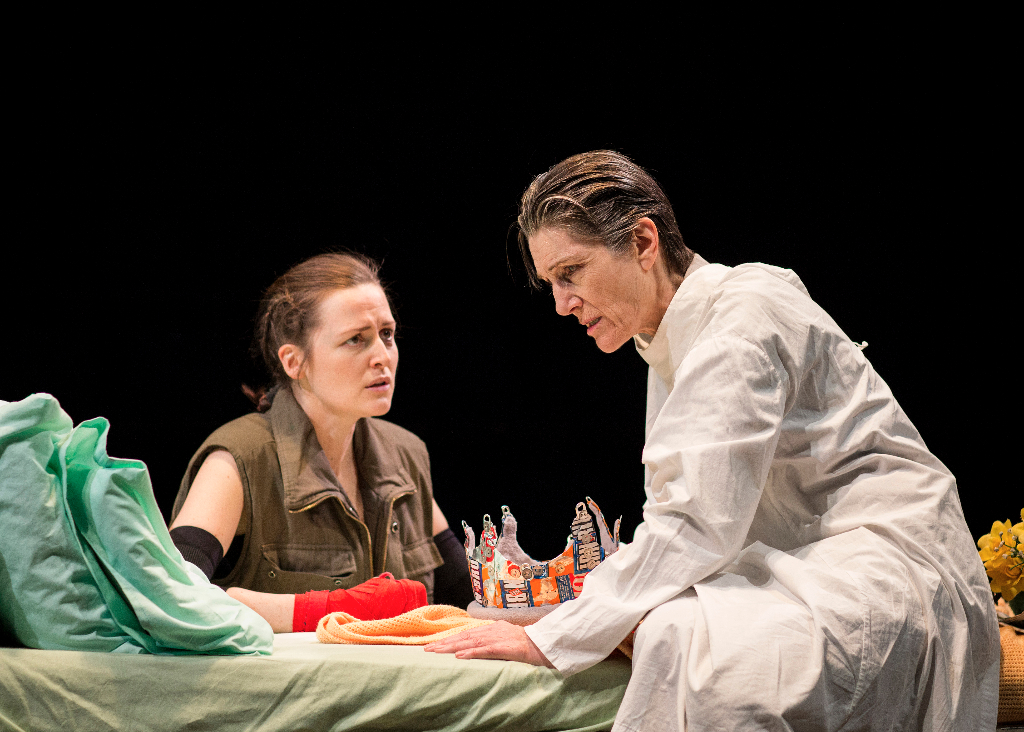
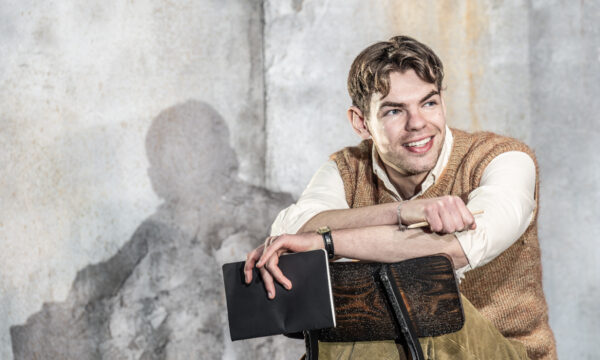

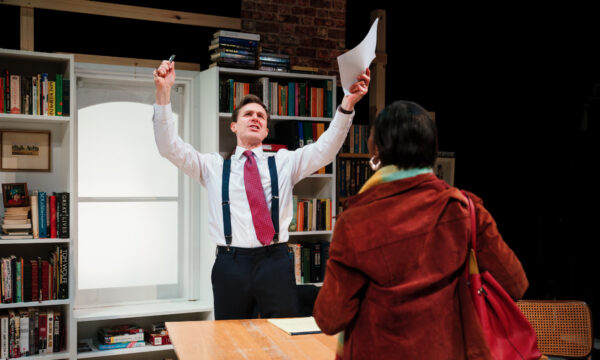
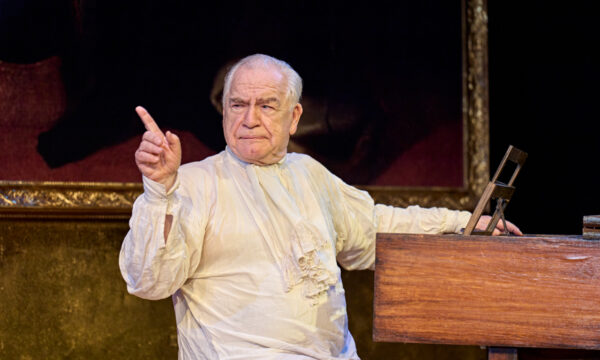
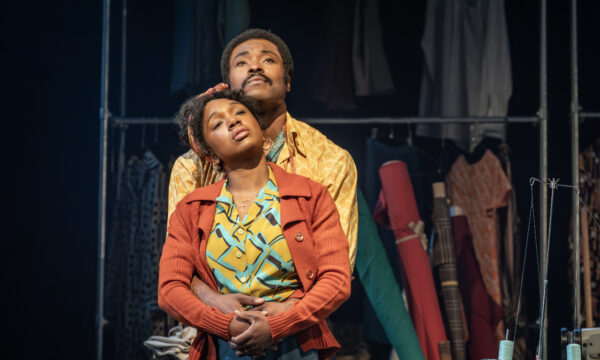
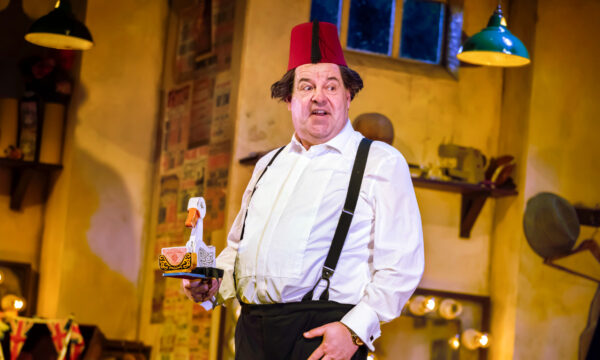
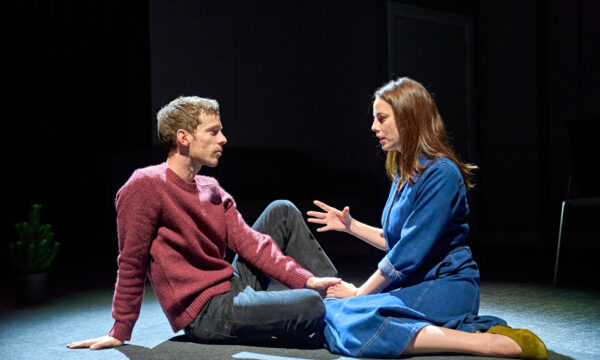
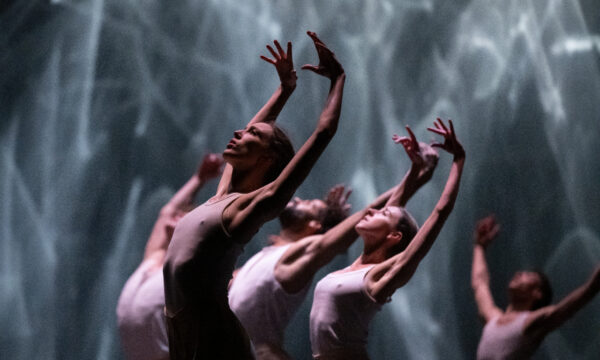
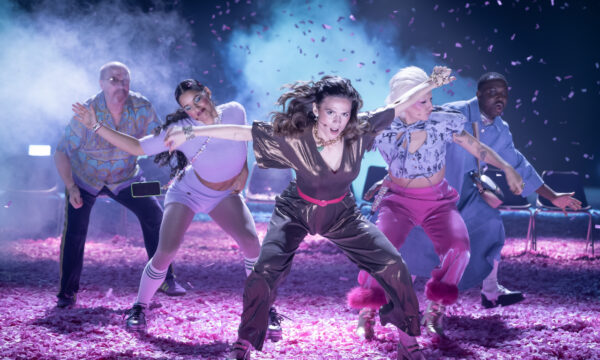










Facebook
Twitter
Instagram
YouTube
RSS